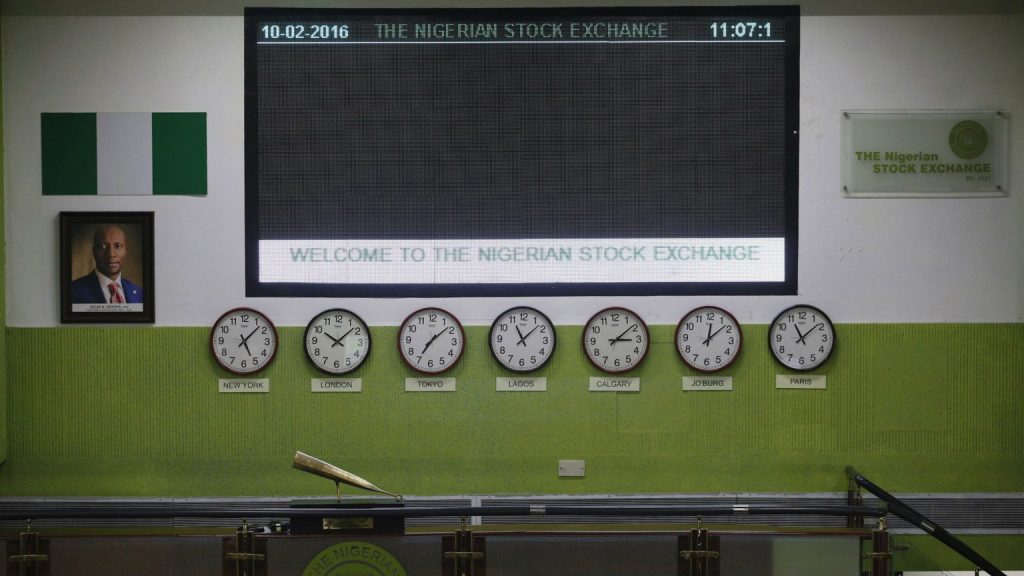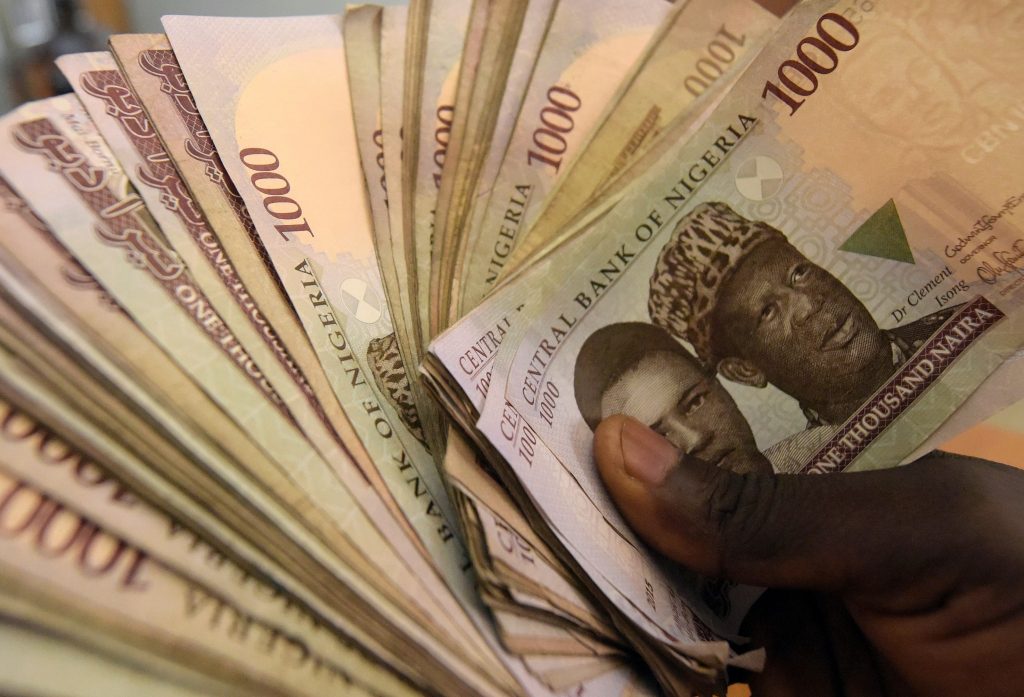Local independent oil producers in Nigeria are struggling to stay afloat with the benchmark Brent Crude hovering between $20-$30 a barrel, reports show, amid the growing global supply glut and crashing demand.
Current selling prices are more than two times lower than production cost for local producers who need oil prices at $35 to $40 per barrel to cover their cost of production. As a result, some of the companies are drowning in debt while others have put their production expansion plans on hold. More details here.
Below is the Ventures Africa Weekly Economic Index, for the week ending 24th of April 2020. This economic index gives you a glimpse into other recent activities in Nigeria’s economy as well as changes and prices that could affect the economy:
Nigerian Stock Exchange

Data released by the Nigerian Stock Exchange (NSE) as of April 24, 2020, showed that the NSE All-Share Index and Market Capitalization both depreciated by 1.41 percent to close the week at 22,599.38 and N11.778 trillion respectively. All other indices finished lower with the exception of NSE Insurance, NSE ASeM, NSE Meri Growth
and NSE Industrial Goods.
The NSE last week released the names of companies that investors can lend and borrow their securities on the Exchange starting from April 17, 2020. Check here for the list.
Top price gainers and decliners in the week under review:
Top five price gainers
Cadbury Nigeria Plc.
Wema Bank Plc.
NEM Insurance Plc.
UPDC Real Estate Investment Trust
University Press Plc.
Top five price decliners
Skyway Aviation Handling Company Plc.
UACN Plc.
Guinness Nigeria Plc.
Champion Breweries Plc.
Oando Plc.
How did the Naira fare?

The Nigerian currency gained against the dollar at the close of last week, trading at 382 Naira per dollar, a rise from the 385 per dollar recorded a week before.
How did the price of oil fare?
Oil markets on Friday 24th of April, 2020 closed with yet another weekly loss. Brent fell to $21.44 from $27.82 a week earlier while the West Texas Intermediate (WTI) saw its prices fall into negative territory last week for the first time in its history, highlighting the current predicament in the oil market.
Production cuts of close to 10 million barrels per day (bpd) by OPEC+ is set to commence this week, as the cartel looks to mitigate the supply glut and falling prices. Oil demand is expected to fall by as much as 26 million bpd next month in the face of continued land and air travel restrictions, according to the International Energy Agency.








